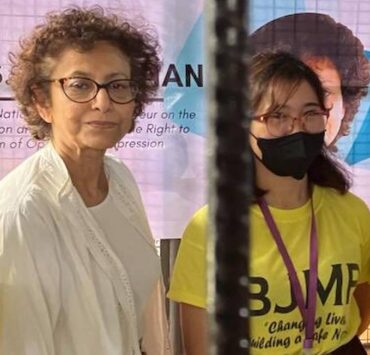Missing funds prompt BSP probe of GCash

The Bangko Sentral ng Pilipinas (BSP) said on Monday that it would investigate popular digital payment platform GCash, following reports over the weekend that a number of users experienced unauthorized transfers, which the e-wallet attributed to errors in its internal process.
In a statement, the BSP said it had instructed G-Xchange Inc. (GXI), the operator of GCash e-wallet, to immediately resolve the reported unauthorized deductions on account balances of affected users and to swiftly complete the processing of refunds.
“BSP has likewise required GXI to submit regular updates on its actions on the matter,” it added, saying that it was closely coordinating with the company to ensure a “prompt resolution” of the issue.
The country’s financial regulator said the incident had been attributed to a system error based on the initial report submitted to them by the Ayala-led company.
“GXI assured [us] that all accounts of GCash users remain secure and that they are now in the process of refunding the deductions,” the BSP said.
“BSP will investigate the incident further to identify possible vulnerabilities and review compliance with regulations and policies,” it added.
At the same time, the central bank encouraged affected users to coordinate with the company for the immediate resolution of their complaints.
Handling of complaints
For users who are not satisfied with the handling of their cases, the BSP said they may escalate their concerns to the BSP Online Buddy through the BSP Facebook Messenger at @BangkoSentralngPilipinas or through its website at www.bsp.gov.ph.
GCash currently has a user base of 94 million, with plans to expand to 10 more countries from its current 16 markets to reach more Filipinos overseas.
Last Saturday, the company released a statement saying that a few GCash users were affected due to “errors in an ongoing system reconciliation process.”
The firm also gave an assurance that the reported incidents were “isolated” and that the accounts of the affected users were safe.
In May last year, the company said it foiled attempts by suspected hackers to siphon off millions of pesos from its clients after it detected a pattern of relatively small withdrawals from multiple users that were sent to two recipient bank accounts. The suspicious transactions were initially estimated at P37 million.

















